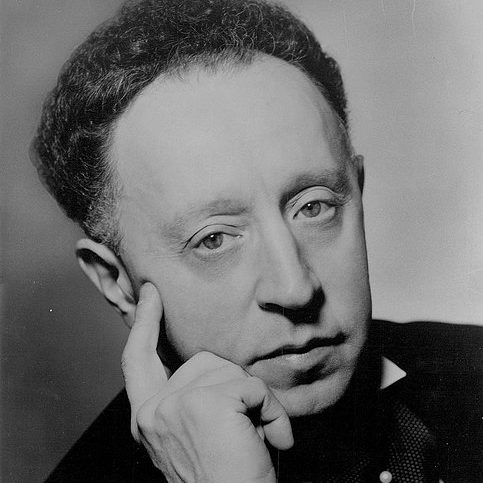Arthur Rubinstein
Polish-American classical pianist
Personal Life
Considered as one of the greatest pianists in history, Arthur Rubinstein grew up in humble beginnings. He was the youngest of seven children to Felicja Blima Fajga and Isaac Rubinstein. His father was the owner of a small textile factory.
The young boy was musically gifted even way before he learned to talk. When he was only two years old, he already demonstrated perfect pitch and was interested in the piano. When he turned four, he was considered a child prodigy. As a youngster, he was first offered the violin by his father, who had a predilection for the instrument. But Rubinstein turned it down because he thought his musical instinct was intended for harmony and polyphony.
Rubinstein’s musical genius would eventually be noticed by the eminent Hungarian violinist Joseph Joachim. Upon hearing the child play, Joachim was greatly impressed and told the boy’s parents that he’d gladly supervise Rubinstein’s musical education. And when he turned ten years old, he moved to Berlin to continue his studies, while also giving his first performance there with the Berlin Philharmonic three years later.
Career
Rubinstein moved to Paris in 1904 to begin his professional career. It was there where he met composers Paul Dukas and Maurice Ravel, as well as the violinist Jacques Thibaud. They would come to notice and respect the young man’s immense skill, especially after Rubinstein played Camille Saint-Saens’ Piano Concerto No. 2 in the presence of these men.
In 1906, Rubinstein made his American debut at New York City’s eponymous Carnegie Hall, playing with the Philadelphia Orchestra. This didn’t garner too much attention, however, because he was still considered too young. His career in the United States would prove underwhelming until much later.
Eight years later, World War I broke out. Since Rubinstein fluently spoke eight languages, he worked as a military interpreter in London, where he performed with the violinist Eugène Ysaÿe. But it would be his stint in Spain and South America from 1916 to 1918 where he would create a swooping musical sensation, introducing works by Latin composers such as Manuel de Falla, Isaac Albéniz, and Enrique Granados.
Upon his return to America in 1937, Rubinstein has found a newfound artistic footing. He would by then be considered a genius. Rubinstein would become famous for his interpretation of works by classical masters such as Mozart, Beethoven, and Chopin. He made over 200 recordings and would be awarded the Medal of Freedom in 1976.
Rubinstein died at his home in Geneva, Switzerland, on the 20th of December, 1982, at the ripe old age of 95. On his first death anniversary, his ashes were buried in Jerusalem according to his will. Now dubbed “Rubinstein Forest”, it is a plot of land overlooking the Jerusalem Forest.

Did You Know?
They say that practice makes perfect, but Rubinstein, being a master, is not particularly good at practising himself. In his autobiographies, he often remarked that he practised as little as possible, relying on his charm to hide his playing’s lack of refinement.

Arthur Rubinstein Recordings
Quick Guide...
Music Lessons





